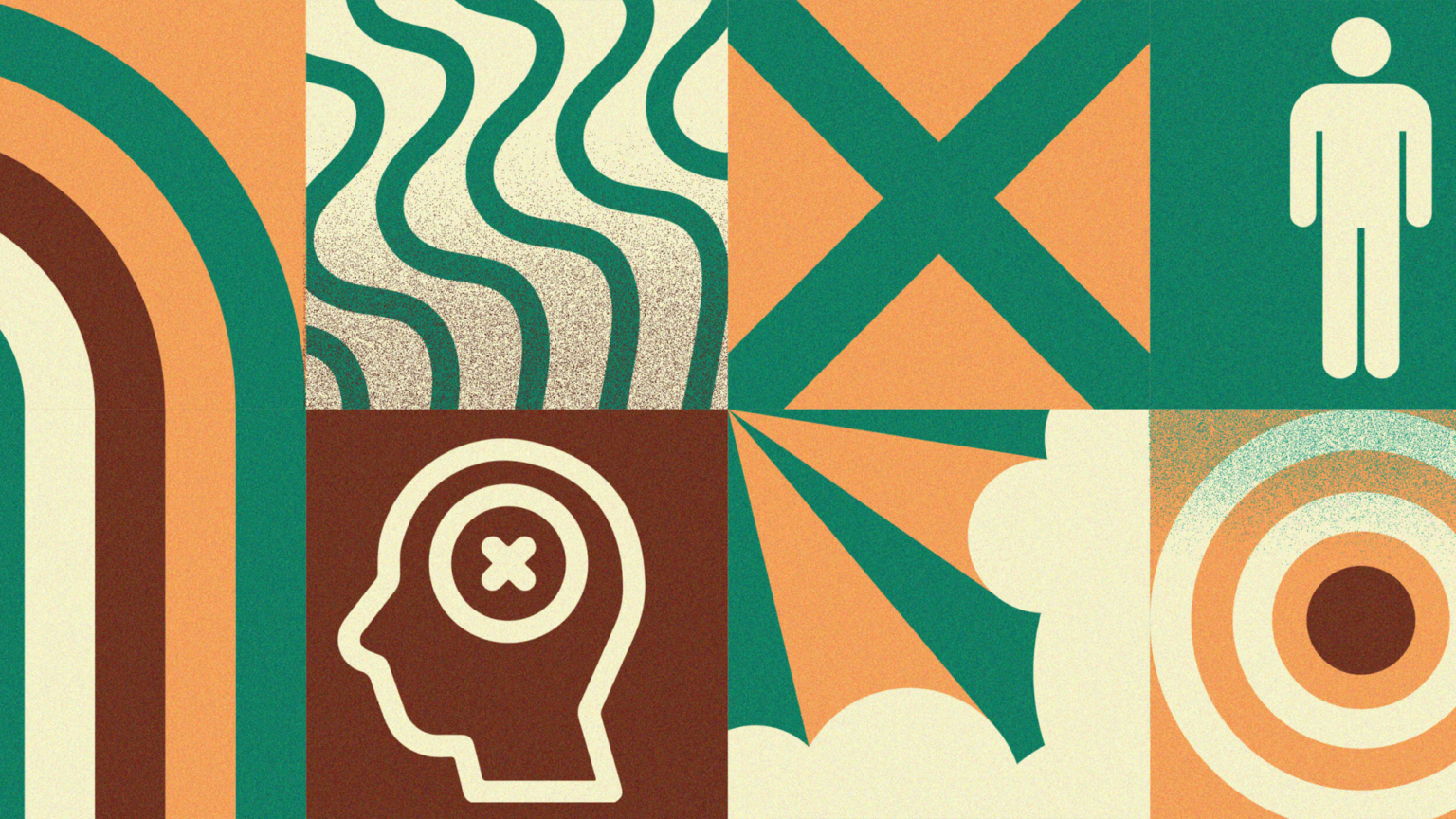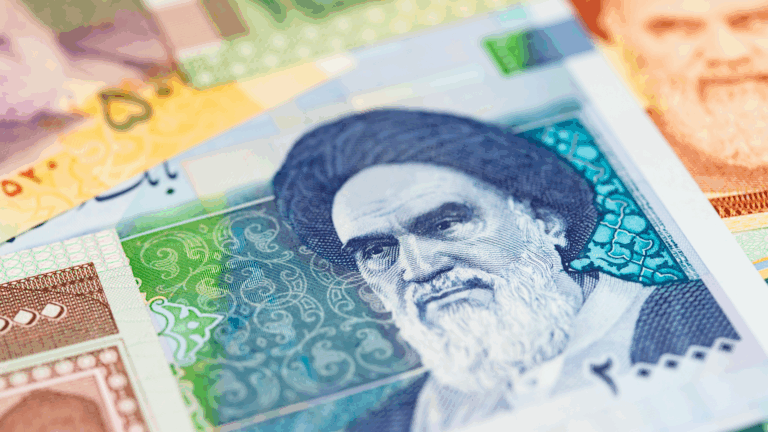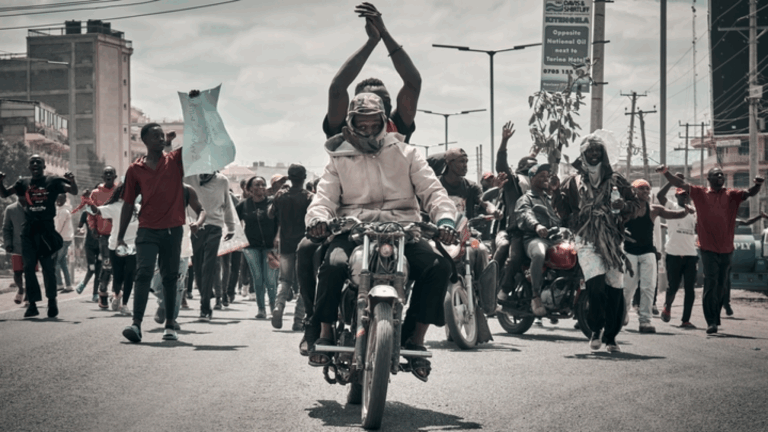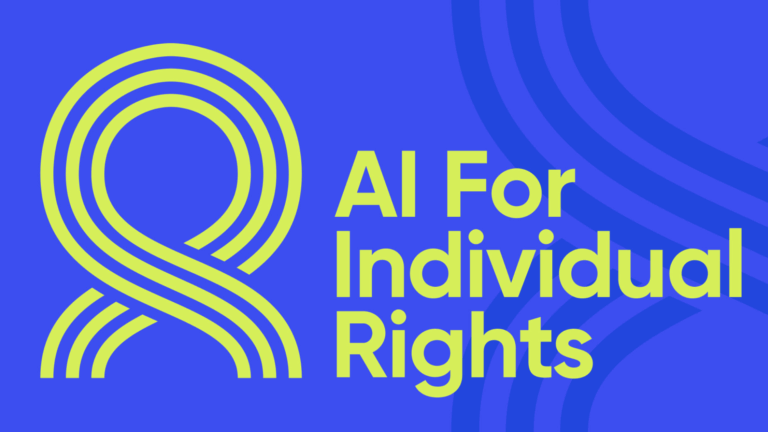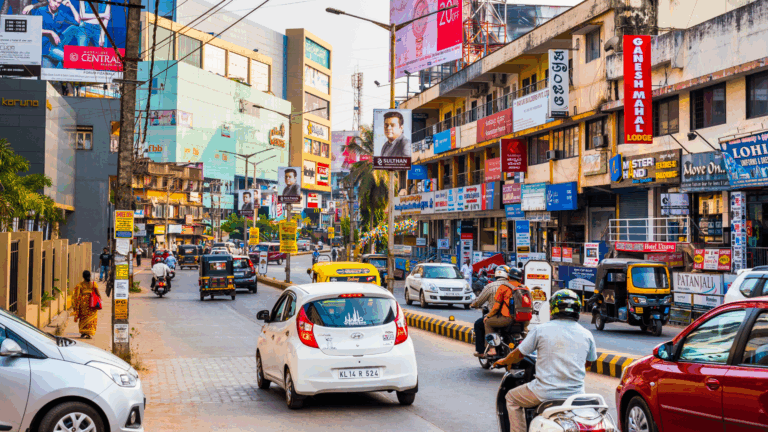By Hannah Van Dijcke
Have you been paying attention to General Prayuth Chan-ocha’s repressive rule in Thailand? Prayuth, a former hardliner military chief, seized power in 2014 through a military coup, ousting a democratically elected government.
Are you concerned that Hun Sen, a former officer of the brutal Khmer Rouge regime that claimed the lives of two million people, has ruled Cambodia uninterruptedly for 37 years? Hun Sen is now one of the longest-ruling dictators in the world.
Did you follow the 2021 sham elections in Vietnam or Laos, resulting in the nomination of the hardline state security official Pham Minh Chinh in Vietnam, or the re-election of the same party that has continuously been in power since 1975 in Laos?
Cambodia, Vietnam, Thailand, and Laos are neighboring countries ruled by similarly oppressive authoritarian regimes. Yet, they receive significantly less international attention than other dictatorships in Asia, such as China, North Korea, or even neighboring Burma. In the international community’s blind spot, these countries have been allowed to deepen their authoritarian rule without any accountability. In 2022 alone, the dictators of Cambodia, Vietnam, Thailand, and Laos have further suppressed dissent, intensified their crackdown on free speech, and strengthened their ties with the most repressive dictatorship in Asia — China.
Over the past year, several instances of repression in Cambodia, Vietnam, Thailand, and Laos have largely flown under the international community’s radar.
In Cambodia, during the June 2022 communal elections, history repeated itself. Just like in 2018, Hun Sen’s regime moved to repress the single opposition party. While the government fully dissolved the opposing Cambodia National Rescue Party (CNRP) in 2018, this time the regime removed 150 opposition candidates from the ballot based on alleged irregularities. At the 2018 Oslo Freedom Forum (OFF), Mu Sochua, a member of the former main opposition party, the Cambodia National Rescue party, shared how her party was banned and leading opposition figures were imprisoned. Today, Mu Sochua lives in exile and has several arrest warrants issued against her. Together with Mu Sochua, a staggering 178 dissidents in Cambodia were subjected to three bogus mass trials in 2022.
Like Cambodia, the dictatorships of Vietnam, Thailand, and Laos also cracked down on dissent in 2022 and did so one trial at a time. A Vietnamese NGO, the 88 Project, reports that 207 Vietnamese activists are currently imprisoned. In 2022, the Thai regime increasingly abused royal insult laws to indict its people for acts deemed critical of its rule. For example, former OFF speaker and pro-democracy politician Thanathorn Juangroongruangkit was indicted for criticizing the regime for its over-reliance on a royal-owned company to produce coronavirus vaccines. Other dissidents were detained and sentenced under the Thai royal insult laws for simply conducting a poll on the monarchy and mocking the Thai queen during a satirical peaceful street gathering.
And as if sham trials weren’t enough, Thailand and Vietnam’s dictatorial regimes further facilitated their crackdown on dissent through legislative proposals, which would empower them to shut down NGOs based on vague reasons such as “public interest” or “social order.” Vietnam made moves to pass such a law, Decree 58, regarding foreign NGOs on August 31, 2022.
Beyond the targeting of NGOs, environmental activists have particularly been at risk in Vietnam and Cambodia. They have been harassed, attacked, arbitrarily detained, and forced into exile. On June 22, Nguy Thi Khanh, a recipient of the prestigious Goldman Environmental Prize, was sentenced to two years in prison on trumped-up “tax evasion” charges. Nguy is the fourth anti-coal environmental activist convicted on these charges in Vietnam this year. Environmental activists were also harassed while reporting on environmental disasters. In August 2022, four environmental activists from the Cambodian organization Khmer Thavarak were arrested while covering land clearing activity in the Phnom Tamao forest, only to be released seven hours later. One of the environmental activists reported being beaten multiple times while in detention.
And not only did the dictatorships of Cambodia, Vietnam, Thailand, and Laos intensify their crackdown on dissent this year, they also increased the pressure on the media. According to the Reporters Without Borders’ 2022 World Press Freedom Index, Vietnam is among the bottom 10 countries globally and labeled the “world’s third largest jailer of journalists.” In September, news leaked that Vietnam is preparing legislation to censor news-related content on social media. If this legislation passes, it will turn Vietnam into an information black hole, like Cambodia, Laos, and Thailand, which passed similar social media legislation in 2021. In Cambodia and Laos, the regimes have institutionalized government surveillance of internet activity. They created separate government-run structures — the National Internet Gateway and the Social Media Task Force — to police internet activity. In a 2022 OHCHR report, 80% of the 35 interviewed Cambodian journalists said they had been subjected to government surveillance. According to Reporters Without Borders, the Lao regime exerts “complete control over the media.”
Looking ahead, 2023 appears even more grim for those living under these dictatorial regimes as their ties with China intensify. In the past year, China has conducted joint military exercises with Thailand, issued a joint statement with Vietnam highlighting their cooperation, and established a military base in Cambodia. China also continued its major investment and infrastructure projects in these countries as part of its signature foreign policy project, the Belt and Road Initiative (BRI). Vietnam, Cambodia, Laos, and Thailand are among the top 10 countries receiving the most BRI-related capital flow. In 2022 alone, China’s construction and investment projects in these countries were valued at an estimated $1,6 billion. The BRI projects expand China’s authoritarian influence — encouraging corruption and systematic human rights abuses — to Cambodia, Vietnam, Thailand, and Laos. In Cambodia, human rights activists raised concerns over China selling surveillance tools under the BRI’s Digital Silk Road initiative. In Laos, BRI-related infrastructure projects have caused environmental, land rights, and economic issues, as highlighted in HRF’s report “Voices Silenced: The Impact of Foreign Investments on Human Rights in Laos.” The debts created by China’s BRI projects catapulted Laos into a severe economic crisis with a scarcity of essential goods such as fuel or food.
Despite the dire circumstances in these countries, the world continues to turn a blind eye. On October 11, UN Member States elected Vietnam with an overwhelming majority to join the UN Human Rights Council, providing the regime with a platform to whitewash its human rights abuses. In a joint report, HRF, together with UN Watch and the Raoul Wallenberg Center for Human Rights, designated Vietnam as “unqualified” for election to the UNHRC due to its terrible human rights record and poor voting record on UN human rights resolutions.
You can be a champion of change by following what is happening in countries like Cambodia, Vietnam, Thailand, and Laos. You can use your social media, platforms, and networks to raise awareness of the widespread repression and abuse that are taking place in these countries. One way to do this is to amplify the stories and voices of OFF speakers, starting with OFF speaker Shui-Meng Ng. Shui-Meng Ng’s husband, Sombath Somphone, a prominent Lao human rights advocate, was forcibly disappeared 10 years ago. His whereabouts remain unknown. OFF speakers Mu Sochua and Thanathorn Juangroongruangkit are currently under threat of arrest and conviction by the Cambodian and Thai regimes, respectively.
As we head into the new year, the 2023 national elections in Thailand and Cambodia present an important opportunity to turn the spotlight on the abuses of Prayuth and Hun Sen’s dictatorial regimes. As global citizens who have the privilege of living in democracies, we can all do more to draw attention to the often-overlooked dictatorships of Cambodia, Vietnam, Thailand, and Laos. Let’s not forget that the basic freedoms and dignity of the people living under these dictatorships — and others — is constantly under siege.


